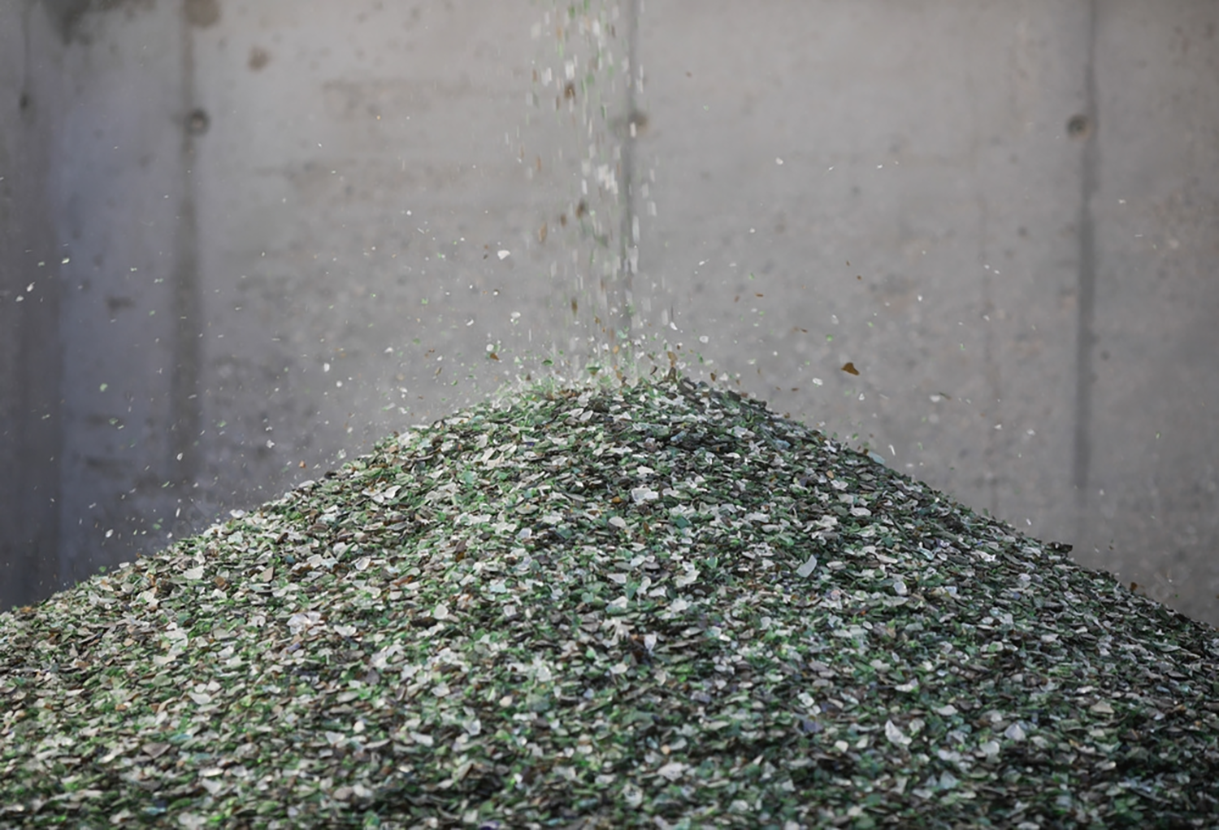
Glass recycling is a crucial part of our modern sustainability efforts, contributing to a better future for our planet and people. With climate change issues continuing to drive our priorities, building a sustainable glass recycling practice is a crucial investment for hospitality venues across Australia.
At BottleCycler, we work with a wide range of incredible brands who are leading the change, including Orora, who are at the forefront of Australian innovation in the world of glass recycling. Their work not only contributes to the circular economy but also serves to set new benchmarks for environmental stewardship in the industry through their goal of incorporating 60% recycled content into their bottles by 2025.
Glass recycling is backed by an incredible process of scientific innovation. From crushing to repurposing, every step of glass recycling is focused on reducing waste, increasing sustainability, and building towards a brighter industrial future. Here’s the science behind the glass crushing process.
The journey of glass recycling
The process of glass recycling begins at the point of collection. When glass is contaminated with other waste, it’s unable to be recycled, emphasising the need for efficient collection and sorting systems to ensure sustainability. For venues throughout Australia, BottleCycler’s onsite glass crushing technology enables the highest quality of glass recycling, keeping glass recyclables separate from other onsite waste.
Once glass is crushed and collected, it’s sorted based on colour and composition, enabling it to be melted based on its chemical composition.
From there, the crushed glass – known as cullet – is cleaned to remove any impurities, like Organic Contaminants, plastics or metals. This is a vital step in ensuring the quality of the recycled glass outcomes.
The clean, crushed glass is then melted in a furnace. As recycled glass can be melted at a lower temperature than raw materials, this can help to save energy and reduce associated carbon emissions.
Once the glass has been melted, it can be molded into new products. Glass’s versatility means that it can be recycled repeatedly without running the risk of losing its purity or quality, creating ongoing renewable benefits through careful glass recycling management.
The environmental impact of recycling glass
Recycling glass has a range of powerful environmental impacts, including:
- Reduced energy consumption through lower melting points
- Lowered carbon emissions as a result of less energy used
- The conservation of natural resources through its recyclable nature
- Ongoing contributions to a sustainable, circular economy, where materials are continuously reused and waste is reduced
With the science behind glass recycling a testament to what’s possible when environmental conservation is at the forefront, BottleCycler is proud to play a key role in contributing to positive and sustainable practices within the glass recycling process.
Conclusion
Ready to contribute to a more sustainable footprint? Put BottleCycler to work on your premises with the benefits of our 30-day free trial, and watch as your glass waste is diverted from landfills to become a renewable resource. It’s good for your business, your team, and for the environment – everyone’s a winner!

